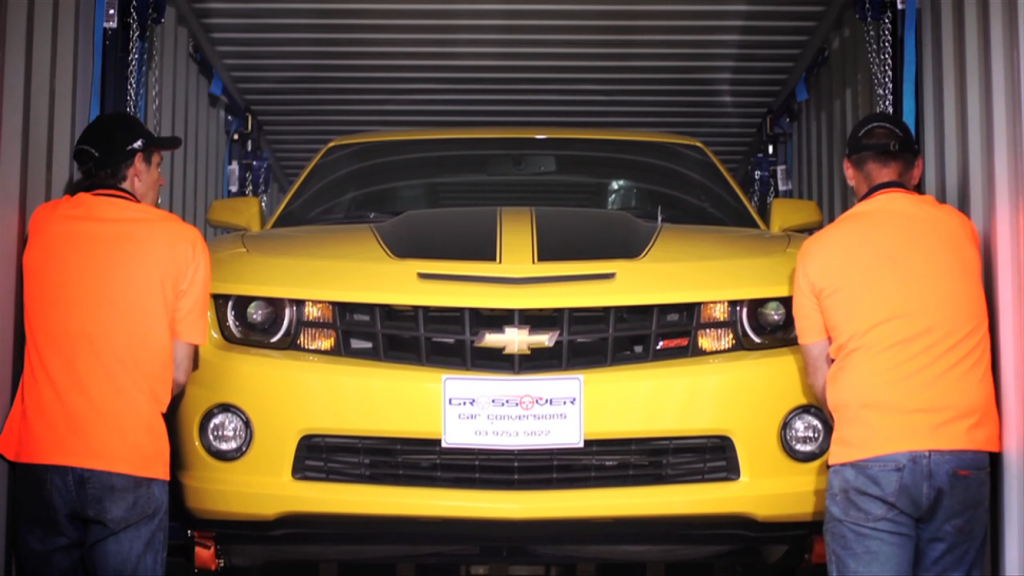All motor vehicles in Singapore must be registered with the Land Transport Authority (LTA) in order to use it on public roads.
To register your vehicle it must comply with the following regulations:
- it is imported into Singapore directly from the vehicle manufacturer. The vehicle must arrive in Singapore within 3 months from the Certificate of Conformity (COC)/ Completion Inspection Certificate (CIC) issue date or the date of manufacture certified by the vehicle manufacturer/authorised agent, whichever is later; or
- it has been registered as a new vehicle in a foreign country which adopts the higher or equivalent safety and emission standards as Singapore [i.e. countries within the European Community (EC)]. The vehicle must be deregistered within 14 days of its first registration in the foreign country for export to Singapore and must arrive in Singapore within 3 months of its de-registration in the foreign country.
- you can only import cars that are less than 3 years of age.
- the age of a used vehicle is valid from the date of its first registration in a foreign country.
- if you cannot ascertain the first registration date of the vehicle, then the age of your vehicle will be deemed to be valid from the first day of its manufacture.
- all modifications made to your car must be properly certified, and can only be carried out by the manufacturer or an agent authorised by the manufacturer.
- your car must use unleaded petrol.
- your car must use CFC-free air conditioners.
- your car must pass an inspection at any authorised inspection centres.
- a surcharge of S$10,000 is payable for each imported used car registered in Singapore.
- it must be a right hand drive vehicle
- all cars must permanently indicate the speedometer in km/h
Find more information from the LTA here.
Your vehicle must pass an inspection test with the LTA before it can be registered. Before you import your car to Singapore, you should ensure it is prepared to comply with these tests:
Emissions Test
All imported used cars will have to undergo an emission and fuel economy test at the Vicom Emissions Test Laboratory (VETL) to ascertain their fuel economy and Carbon Dioxide (CO2) figures at the point of importation into Singapore. The combined values of the CO2 will be used for the computation of the rebate or surcharge for the CEVS.
Road Traffic Act and its Subsidiary Legislations
All imported cars must comply with the Road Traffic (Motor Vehicles, Construction and Use) Rules, Road Traffic (Motor Vehicles, Lighting) Rules and Road Traffic (Motor Vehicles, Seat Belt) Rules.
Vehicle Safety Standards
LTA accepts motor cars that have complied with internationally recognised vehicle safety standards such as those adopted by the European Union (EU) countries, Japan and the USA.
Evidence of your car’s compliance with the exhaust emission standards will have to be submitted to the LTA.
All cars are required to have CO2 (in g/km) and fuel economy (in L/100km) data as tested according to the UN ECE Regulation 101.
All cars are required to have the MPO data as measured in accordance with the UN ECE Regulation 85 or Japanese Industrial Standard D 1001
All safety glass fitted onto the car must meet one of the recognised international standards e.g. ECE, DOT, BS, JIS, etc. The safety glass must meet the following requirements:
- Not less than 70% light transmittance for front windscreen and front side window glasses;
- Not less than 25% light transmittance for rear windscreen and rear side window glasses; and
- The glass of the front windscreen fitted to a motor vehicle shall not be made of a material or be of a design such as to prevent, obstruct or interfere with transmission of signals between an in-vehicle (IU) unit installed in such vehicle and any Electronic Road Pricing (ERP) facility. Windscreens that contain metallic oxide coating or are designed with defroster are known to have caused such interference.
- You will firstly need to apply for a customs assessment of your vehicle. Apply for an Inward Cargo Clearance Permit to Singapore Customs (CED).
- Once the application is approved you will receive an approval letter from Singapore Customs with details of the vehicle.
- The CED will assess the Open Market Value (OMV) of your vehicle. Customs duty is levied at 20% of the OMV of the car. A 7% charge will also be levied on the cost, insurance and freight value of the import.
- You should submit an In-Payment (Duty & GST) permit through TradeNet. You cannot receive a refund of duty or GST once the vehicle has been removed from customs control.
- Once the customs have been paid and permit is approved, you can use the permit to clear the vehicle from the port.
This information is meant as a guide only and is not definitive. As destination regulations are subject to change without notice, we strongly urge you to obtain updated information from the Singapore Customs Site.

